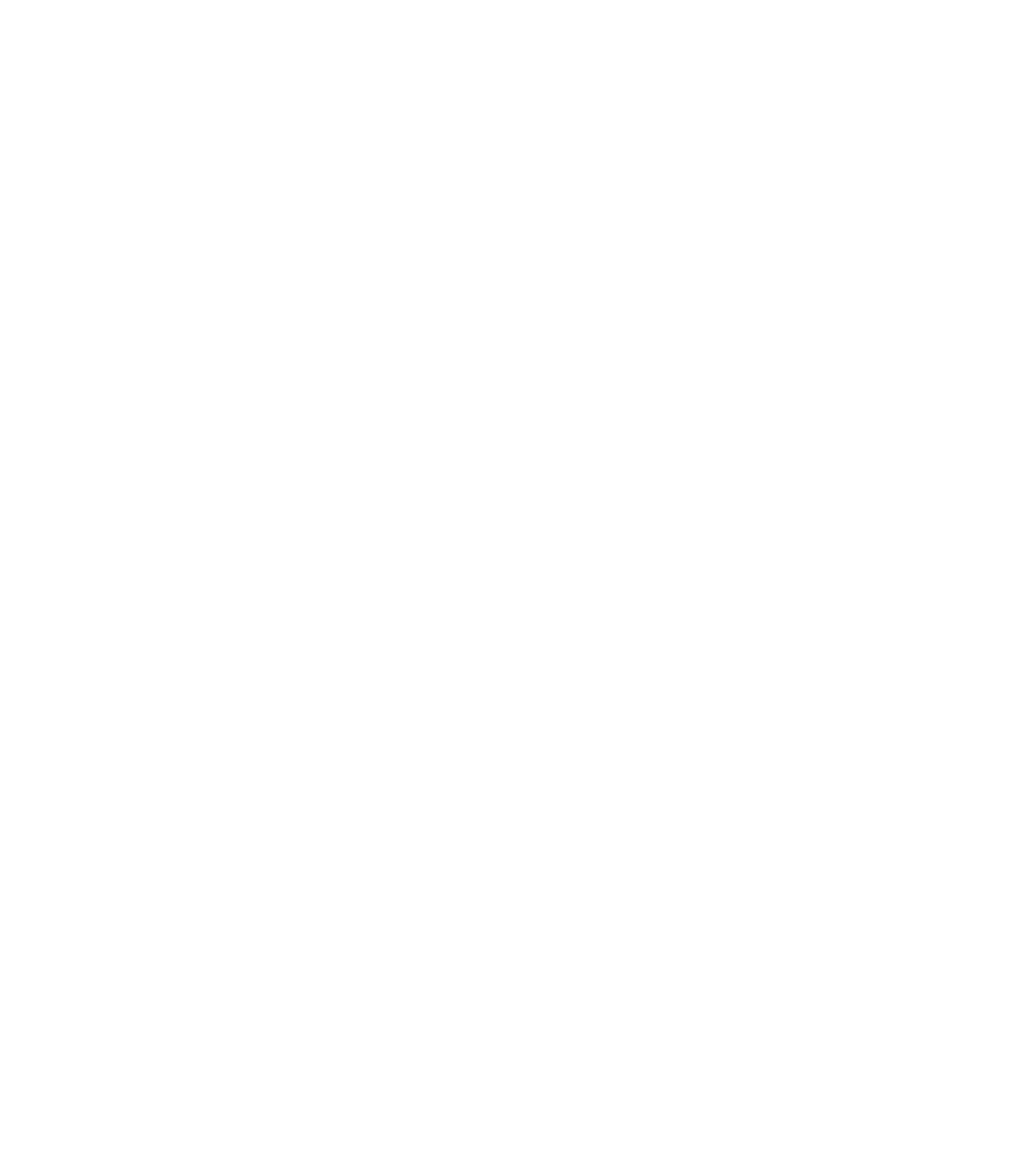As a mental health counselor, I understand that couples therapy may not be the best option for everyone. However, the good news is that there are several alternatives to couples therapy that can help strengthen your relationship. In this article, we'll explore some of these alternatives and provide tips for implementing them in your relationship.
Introduction
A healthy relationship is essential for overall well-being. However, couples therapy is not always accessible or feasible. Some individuals may also prefer to try other methods before seeking professional help. Fortunately, there are several alternatives to couples therapy that can help strengthen your relationship.Prioritizing Quality Time Together
One of the most effective alternatives to couples therapy is by prioritizing quality time together. Spending time together can help improve communication, build intimacy, and reduce stress. Here are some ideas for spending quality time together:- Date nights: Set aside one night per week to do something fun together, such as trying a new restaurant, going to a movie, or taking a dance class.
- Shared hobbies: Find an activity that you both enjoy, such as hiking, cooking, or playing board games, and do it together regularly.
- Weekend getaways: Plan a weekend getaway to a nearby town or city to explore new sights and experiences together.
Open Communication
Communication is key to a healthy relationship. However, it's not always easy to communicate effectively. As another alternative to couples therapy, improving communication can greatly benefit your partnership. Here are some tips for enhancing communication:- Be present: When talking to your partner, give them your undivided attention. Put away your phone, turn off the TV, and focus on the conversation.
- Practice active listening: Repeat back what your partner has said to ensure that you understand them correctly. Ask clarifying questions if necessary.
- Express yourself clearly: Use "I" statements to express your feelings and needs. Avoid blaming or accusing language.
- Avoid interrupting: Allow your partner to finish their thoughts before responding.
Self-Reflection
Self-reflection is an essential part of personal growth and can also benefit your relationship. As one of the alternatives to couples therapy, self-reflection can help you and your partner grow together. Here are some tips for self-reflection:- Identify personal goals and values: Take some time to identify your personal goals and values. Share them with your partner and discuss how they align with the goals and values of your relationship.
- Discuss individual needs and desires: It's important to communicate your individual needs and desires within the relationship. This can help prevent resentment and improve overall satisfaction.
- Practice self-care: Taking care of yourself can help you become a better partner. Make sure to prioritize self-care activities, such as exercise, meditation, or hobbies.
Conflict Resolution
Conflict is a natural part of any relationship. However, it's important to resolve conflicts in a healthy manner. As another alternative to couples therapy, effective conflict resolution can strengthen your relationship. Here are some tips for resolving conflicts:- Practice active listening: When in a disagreement, listen carefully to your partner's perspective without interrupting. Repeat back what they have said to ensure that you understand them correctly.
- Compromise and negotiation: Find a compromise that works for both partners. Avoid a "winner takes all" mentality.
Seeking Support
Sometimes, despite our best efforts, we may need additional support to strengthen our relationship. As one of the alternatives to couples therapy, seeking various support resources can help. Here are some resources for seeking support:- Individual therapy: If you or your partner are struggling with personal issues that are affecting your relationship, individual therapy may be beneficial.
- Group therapy: Group therapy can be a helpful way to connect with other couples who are experiencing similar issues.
- Self-help books: There are many self-help books on relationships that can provide useful tips and advice.
- Online resources: There are several online resources, such as forums and blogs, that offer support and guidance for relationship issues.

